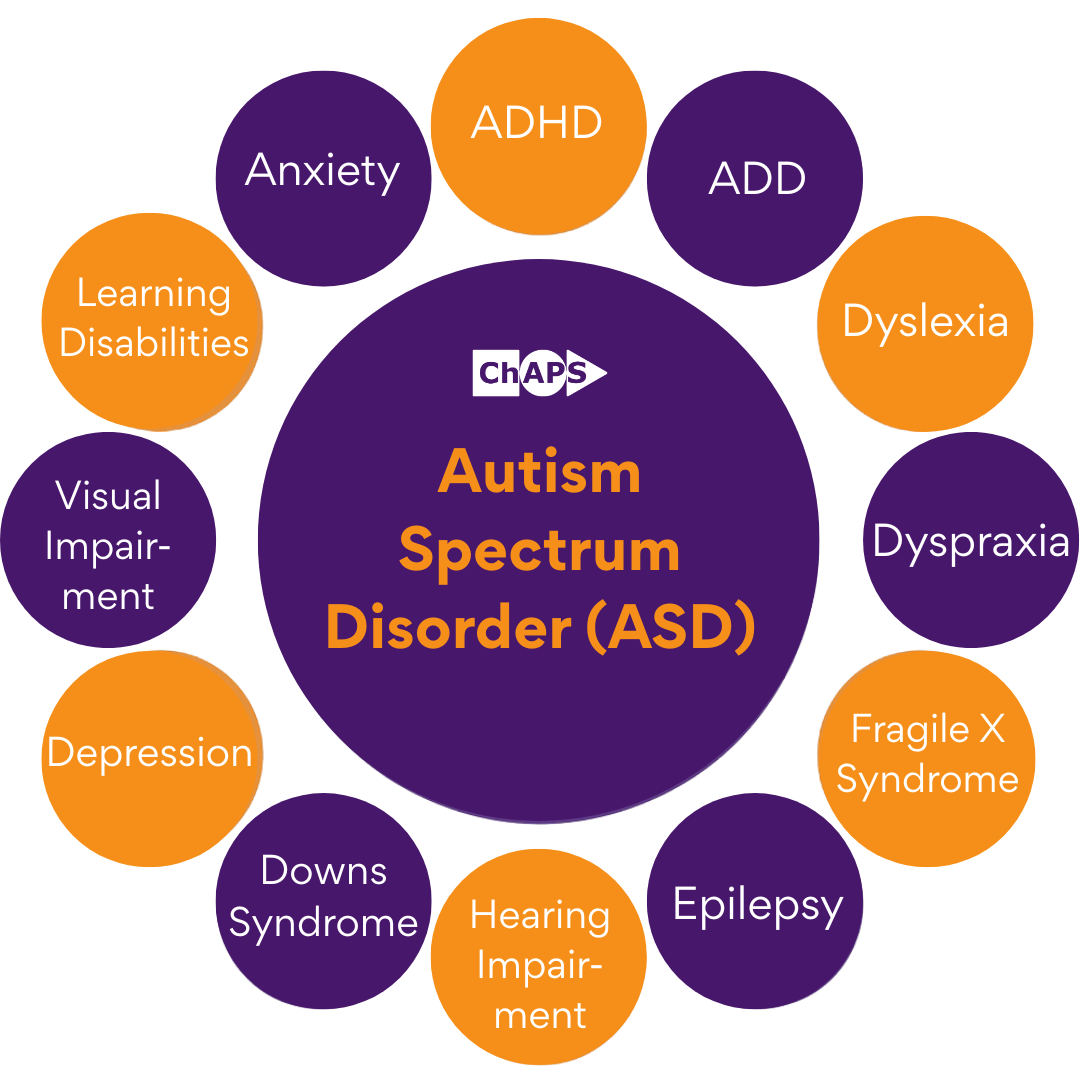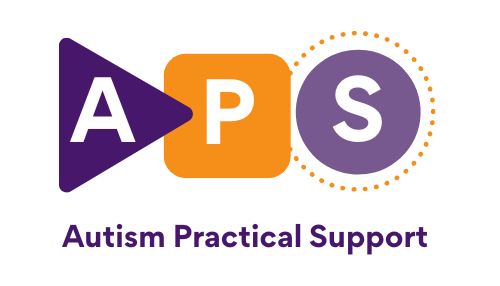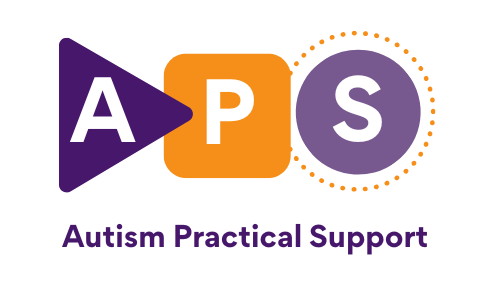WHAT IS AUTISM?
Autism spectrum condition (ASC) is a lifelong neurodevelopmental condition that affects how people communicate, interact, and experience the world. It can involve unique strengths such as deep focus, creativity, and attention to detail, as well as differences in social communication and sensory processing.
At Cheshire Autism Practical Support, we recognise that every autistic person is unique. We believe in promoting understanding, acceptance, and practical support that empowers autistic individuals to thrive, achieve their goals, and live fulfilling lives.

Children and Young People
Autism is a spectrum condition, meaning it presents differently in each individual. Some early signs in young children might include differences in how they respond to their name, make eye contact, or share smiles.
They may experience heightened sensitivity to sounds, tastes, or textures, and engage in repetitive movements like hand flapping. Speech and pretend play may develop differently.
As children grow, these traits may become more noticeable. They might prefer routines, have deep interests in specific topics, and find social interactions or emotional expression challenging. Understanding others’ feelings and engaging in two-way conversations can be areas of difference.
In girls, autism can be more subtle. They may mimic social behaviours to blend in, withdraw quietly, or appear socially adept. Repetitive behaviours might be less visible, which can lead to later or missed diagnoses.
Autistic Adults
Autistic adults may experience differences in how they communicate and interact socially. Conversations may feel challenging, with a preference for literal language and a tendency to speak formally or one-sidedly. Reading body language, tone, or facial expressions can be difficult, and small talk may feel unnatural or exhausting.
Many autistic adults prefer routine and may experience anxiety when plans change unexpectedly. They may also have sensory sensitivities, engage in repetitive behaviors, find multitasking difficult, and prefer solitude or focused environments.
These traits can bring both challenges and strengths. With the right support and understanding, autistic adults can thrive and lead fulfilling lives.

Support in the Workplace
Autistic individuals bring valuable strengths to the workplace, such as focus, attention to detail, reliability, and creative problem-solving. With the right support, many have successful careers across a wide range of industries.
Employers can foster inclusion through clear communication, flexible working, and sensory-friendly spaces. Staff training also helps build a more supportive and productive environment.
We offer training to help employers and teams understand autism, foster inclusion, and build workplaces where everyone thrives. With the right support, autistic individuals become invaluable—driving innovation, precision, and resilience no forward-thinking organisation should be without.
For more information on our training, click here

Co-existing Conditions
Autistic individuals may also experience other conditions, which are known as co-occurring or co-existing conditions. These can include:
Attention Deficit Hyperactivity Disorder (ADHD) – challenges with focus, impulse control, and activity levels
Dyslexia – difficulties with reading, writing, and language processing
Anxiety – frequent feelings of worry, fear, or nervousness
Depression – low mood, lack of motivation, or feelings of sadness
Epilepsy – a neurological condition that causes seizures
Learn more from the National Autistic Society’s guide to related conditions.
Need Support?
If you think you or someone you know might be autistic, you're not alone. Support is available, and understanding autism is a powerful first step toward embracing neurodiversity, accessing the right help, and making informed choices.
Our team is here to listen, guide, and support you every step of the way.





